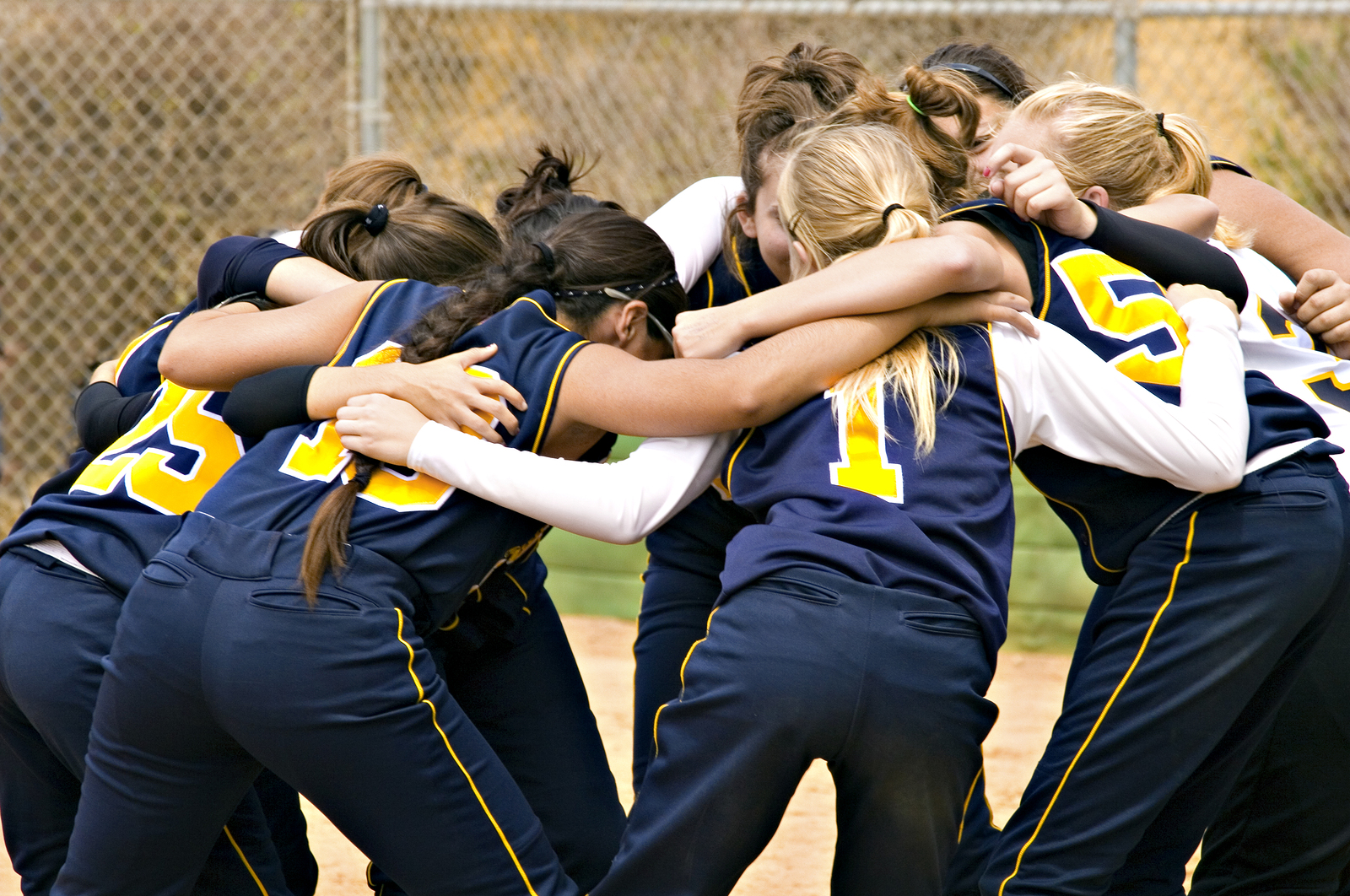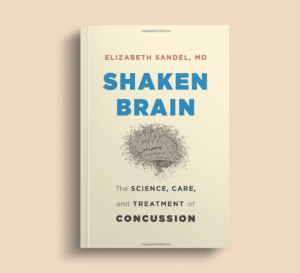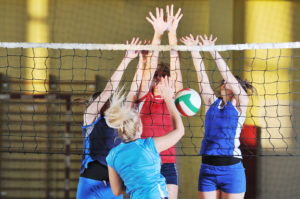Empowering Your Kids to Speak up About Concussions in Youth Sports

In the previous blog post, I suggested three things to speak to your kids about on the subject of youth sports and concussions: what a concussion is, how to recognize the symptoms in themselves and others, and what to do when they suspect a concussion has occurred. Making your kids understand what can happen following a concussion, and why it’s necessary to seek immediate medical help, is vital. However, this is a big topic, and there’s more to say on the subject.
First, it’s not just football
It’s important to note that this conversation is pertinent to all active kids, whether they’re the quarterback on the high school football team or playing on a friend’s trampoline in the backyard. From the news, you’d be forgiven for believing that football is the only activity that causes brain injuries, but that’s not the case. Over 1 million children to go the ER every year due to injuries from all kinds of sports and recreational activities, including basketball, baseball, softball, hockey, soccer, wrestling, cheerleading, skateboarding, bicycling, snowboarding, skiing, and ice-skating. Over 10% of those ER visits are for concussion and other more severe brain injury.
Why kids don’t report concussions
I recently interviewed Michelle Camicia, MSN, PhD, a rehabilitation nurse leader and Director of Operations for Kaiser Foundation Rehabilitation Center, about the subject of youth sports concussions. She mentioned that parents need to be aware of the pressures that kids face because that can affect what they do after a concussion.
The recommended protocol after suffering a blow to the head is to stop the activity immediately, as discussed in the previous post. Your child should know to step out of the game and take some time to have an assessment by a trained adult to determine whether a concussion occurred or not. This is what should happen.
While this advice is all good in theory, I know that it can be hard to apply when the time comes. In the moment, the pressure to keep playing and not disrupt practice can be intense. Your child may feel like they’re letting the team down, or letting the coach down, or being a “wuss” for wanting to sit on the bench. They don’t want to embarrass themselves, or maybe they don’t want to make a big deal about it. Other kids don’t report a concussion because they didn’t recognize the symptoms and so didn’t know to say anything.
Perhaps the worst reason is that many kids don’t think it’s a big deal to keep playing after sustaining a blow to the head. Because brain trauma doesn’t look like a “real” injury, it’s not treated like one. But if they broke an arm, tore a muscle, or were bleeding profusely, wouldn’t they stop playing and seek help? A brain trauma is at least equally important. It’s the brain, the part of the body that’s in control! They need to stop playing and report it.
Empower them to speak up after head trauma
Empower them to take their health into their own hands. Help them understand that their long-term health is more important than completing practice or finishing out the game this one time. Yes, this choice can be hard in the moment, but if they take the long view, they should understand that their health takes priority.
The single worst thing they can do is to continue to play after a concussion. This puts even more stress on the brain, which can result in longer recovery time, other more long-term consequences, even the second impact syndrome (a cause of death and severe disability). That’s why it’s absolutely crucial to stop playing after a blow to the head.
Without scaring your child, remind them what can happen from traumatic brain injury (TBI). Most kids eventually recover fully, and in a relatively short amount of time, but not all do. In some cases, problems will persist with memory, attention, and learning, or symptoms like headaches will continue. In nearly all cases, the child will be out of school and sports for a while to let the brain heal. The worse (more severe) the brain injury is, the longer they will need to stay out of sports. It is difficult even for doctors to predict how long the recovery will take. But a full recovery is necessary for any return to high-risk activities.
A Concussion is Brain Trauma
It’s not just a bump on the head, but an injury to the brain. Help keep your kids safe by talking about it and giving them the information they need to make smart decisions.Don’t forget to watch the full interview I conducted with Michelle Camicia here.
Don’t forget to watch the full interview I conducted with Michelle Camicia.
You Might Also Like
Parents and Sports-Related Concussions
Michelle Camicia, MSN, PhD, the mother of two student athletes, discusses the role of parents who must pay attention to their childrens’ symptoms if they play contact sports. Are these symptoms consistently understood by student athletes and coaches? She argues for more education and advocacy to address the problem of…
Talk to Your Kids About the Concussion Risk of Collision Sports
Children and adolescents must understand that if they have any symptoms after a blow or jolt to the head or neck they must stop immediately and get help from an adult.
A Parent’s Key Role after a Child’s Concussion
Parents play a major role in identifying the effects of concussions in their daughters and sons, helping them manage symptoms, and supporting their recovery.
Keep up to date
Get updates on the latest in concussion, brain health, and science-related tools from Dr. Elizabeth Sandel, M.D.
By clicking SIGN UP, you agree to receive emails from Dr. Sandel and agree to our terms of use and privacy policy.
Get the book!




